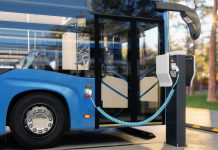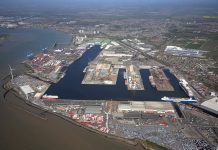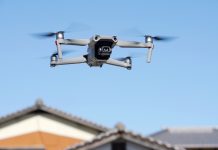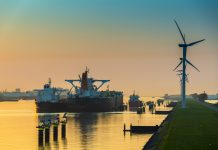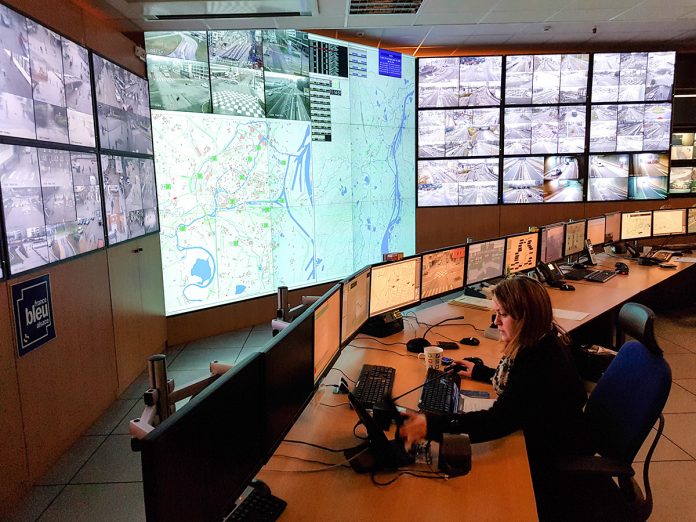
Kristina Stifter, Head of Global Communications at PTV Group, explains her stance on how to tackle air pollution in cities with intelligent traffic management
Despite improvements in vehicle efficiencies, road transport emissions have strongly increased over the past decades. Worldwide, about 15% of manmade carbon dioxide comes from cars, trucks, aeroplanes, ships and other vehicles. And with a globally growing mobility demand, especially in urban areas, transport-related emissions are expected to go up even further – by about two-thirds by 2050. Emissions from vehicles lead to high concentrations of air pollutants and the negative health impact is huge: According to the World Health Organization (WHO), seven million premature deaths every year are linked to air pollution, as many cities worldwide exceed the recommended guideline levels for air quality.
The number says it all: It is time to act and lower the health risk. Road traffic needs to be decreased and managed more efficiently. Therefore, more and more cities are taking action: clean air is one of the many components that make cities liveable urban centres for all citizens.
Air quality in Strasbourg
Strasbourg can serve as a positive example of what cities can do to tackle air pollution. As the first city in France, the European metropolis tackles the problem with intelligent traffic management. By optimising the signal control at intersections, the city aims to manage traffic more efficiently to reduce the number of stop-and-go waves along one of its arterial roads. Advanced simulation technology, provided by the market’s leading traffic and transport specialist PTV Group, has shown that the French city can decrease vehicle stops by 9% and the harmful emission of nitrogen oxide and particulate matters by 8% and respectively, 9%.
As in many other cities, the tram has priority over all other traffic participants in Strasbourg. This means that traffic lights turn green as early as possible – often up to 15 seconds before the tram reaches the traffic light. Motorists often must stop and wait earlier and more often. After modelling and simulating different scenarios, Strasbourg has now optimised the intersections with a traffic-adaptive signal control system. It ensures that no ‘green time’ is lost and that traffic keeps flowing effectively and efficiently.
So, how can more urban centres follow the lead of Strasbourg and work to become pollution-free cities of the future? Mobility providers, governments and vehicle manufacturers have the power to collaboratively change things for the better. If they’re all pulling together, they can tackle air pollution through cutting congestion and decarbonising transport. With state-of-the-art traffic simulation and management software, cities can better understand the current situation and make the right decisions towards becoming more sustainable.
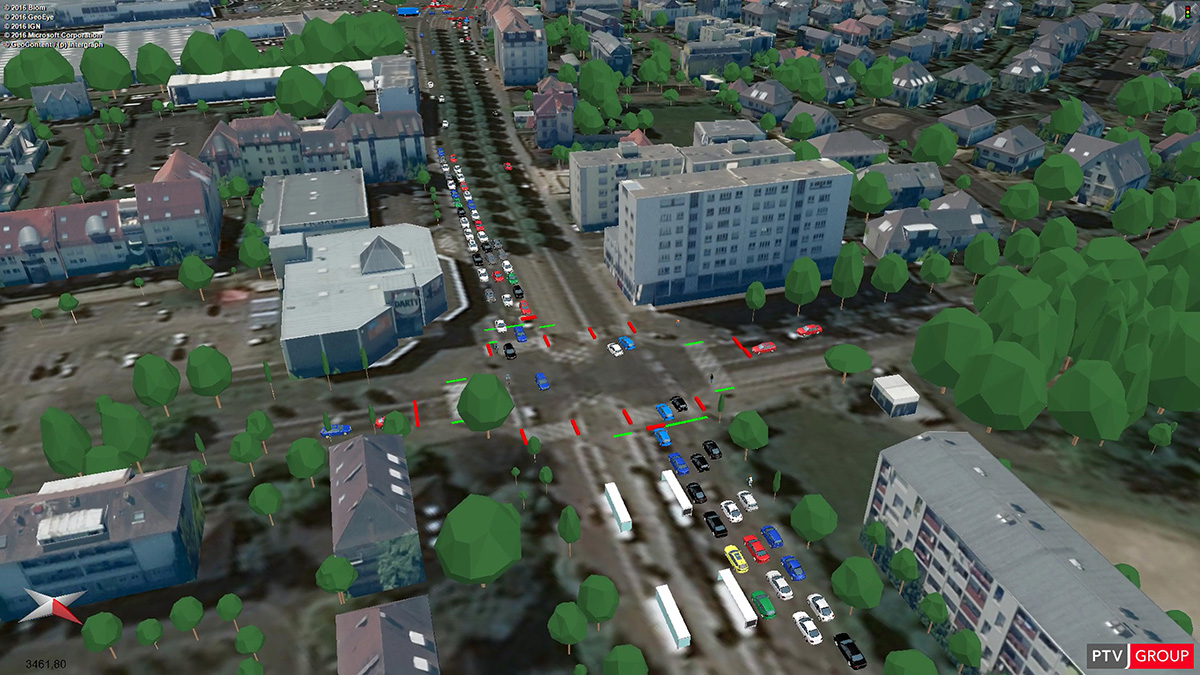
Advanced simulation that realistically depicts traffic conditions and infrastructure in a digital replica of the respective city aims at three aspects: providing a virtual representation of the status quo of traffic, including detailed calculations of CO2, NOx and PM10 emissions, identifying and assessing best practices before implementing measures in the field and analysing environmental factors and how they impact traffic flow and capacity.
Urban strategy
In order to support cities in the field of sustainability, PTV also cooperates with the Dutch research institute TNO (The Dutch Organisation for Applied Scientific Research). The TNO platform Urban Strategy has been coupled with the functionalities of the strategic transport planning software of PTV, creating an integrated and multi-disciplinary decision-making platform for cities facing complex challenges in terms of congestion and air pollution. They can now quickly test new strategies and policies before implementing them. The solution was used, for example, in a study for the four German cities of Hanover, Heilbronn, Kiel and Ludwigsburg with the aim to identify and evaluate possible measures to reduce NO2 emissions.
Setting the standard of the European Union (EU)
PTV’s traffic simulation solution was used at the Olympic Games in London. And the European transport model TRIMODE, which encompasses all passenger transport and freight movements in Europe, is developed using PTV Visum on behalf of the European Commission. The aim is to monitor the performance of European transport networks and to keep them moving. PTV Visum consistently models not only all road users and their interactions, but it also provides forecasts that cover a time horizon up to 2050. With PTV Visum as its pivotal element, the TRIMODE model is intended to become a robust, fully operational and integrated modelling system.
The generated output serves as a sound basis for decision-making regarding strategic planning issues and assessment of policies so that infrastructure can be adjusted in a targeted manner. The model not only takes into account economic factors that generate transport demand but also the impact of transport on energy supply and the environment.
PTV Group ensures that the world keeps moving
There is currently a strong demand worldwide for state-of-the-art technology in the trendy sector of mobility. Over 2,500 cities already use PTV products. Over one million vehicles daily make transport runs planned with the company’s software. The Germany-based software company PTV Group takes a holistic approach that integrates all aspects of traffic, transport and logistics to face those challenges and create and promote sustainable mobility.
Recognised as the global market leader, PTV develops intelligent software solutions for transport logistics, traffic planning and traffic management. Thus cities, companies and people save time and money, enhance road safety and minimise the impact on the environment. Based on its unique expertise in every facet of mobility, PTV ensures that people and goods arrive at their destinations safe and sound and on time.
PTV’s headquarters, located in the heart of the Karlsruhe technology region, houses the company’s centre of development and innovation. From here, PTV plans and optimises everything that moves people and goods worldwide – it’s the central idea which has accompanied the Group since its foundation 40 years ago in 1979. PTV. The Mind of Movement.
You can gain further insights from these fascinating YouTube videos from PTV Group:
How the city of Strasbourg reduces emissions with PTV software
Clean air in Strasbourg

